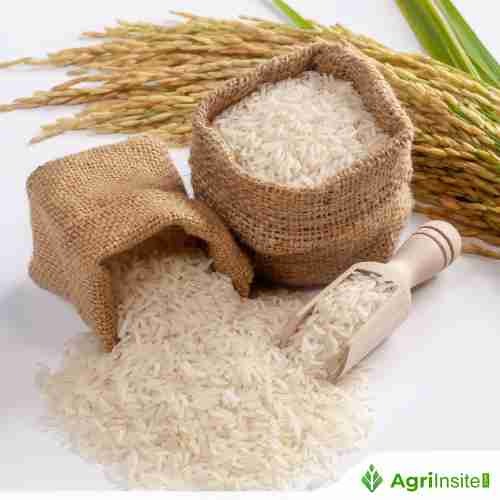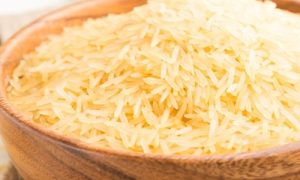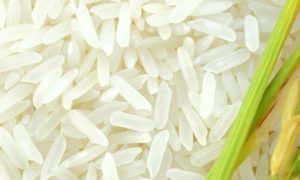As Israel-Iran conflict escalates, Basmati exporters feel the pinch

Escalating Israel-Iran tensions have alarmed Basmati exporters in Punjab, as Middle Eastern nations—especially Iran—are major buyers. With several consignments in transit, exporters fear losses worth crores if routes close. Insurance is unavailable for conflict zones, and disrupted trade could deter farmers from sowing Basmati. Punjab contributes 40% to India’s Basmati exports, heavily reliant on Middle Eastern markets.
The escalation of tensions between Israel and Iran, propelling the Middle East, already on edge, into even greater upheaval is giving Basmati exporters in Punjab sleepless nights. Middle East in general and Iran in particular a major importer of Basmati rice from India.
Several ships carrying the table staple are currently in transit and exporters are worried that in the tension between Iran and Israel escalates further and the conflict is prolonged, the ships may have to return, inflicting on them losses worth several crores.
“We cannot afford a conflict. A number of our ships, with consignments of Basmati, are already in transit. If the conflict deepens, our Basmati would not be able to reach the destination. This will mean a loss of millions for us,” Ashok Sethi of Punjab Basmati Exporters Association told The Indian Express.
Middle-East is a major consumer of Basmati from India and Punjab accounts for 40 per cent of nation’s Basmati production. “This is giving us sleepless nights. Ever since our parners in the Middle East informed us about Israel launching an attack, we have just kept our fingers crossed,” said Sethi.
Israel launched attacks on the heart of Iran’s nuclear and military structure Friday, deploying warplanes and drones to attack key facilities and kill top generals and scientists — a barrage it said was necessary before its adversary got any closer to building an atomic weapon. Iran retaliated by sending a swarm of drones at Israel, with Supreme Leader Ayatollah Ali Khamenei warning of “severe punishment.”
Sethi said, “We will be having very serious economic consequences if the situation worsens. At least 70 per cent of our Basmati exports are linked with Middle-East. The logistics companies are already worried. Shipments will be delayed. Entire trade ecosystem will be affected. We are really worried”.
He added that the consignments cannot be insured too as the insurance firms refuse cover to the consignment mean for conflict zone. “All this will have serious repercussions. It is not only about Basmati, but also about oil. India will suffer a great deal if oil imports are impacted due to the conflict,” he added.
According to Agricultural and Processed Food Products Export Development Authority (APEDA), India’s foreign exchange earnings from basmati rice exports were Rs 48,000 crore in 2022, out of which Punjab contributed at least 40%.
Arvinder Pal Singh Chawla, another exporter said that Iran was second largest importer of India’s Basmati after Saudi Arabia. “This conflict will definitely affect us. I do not know for how long the situation will continue. At the moment it is end of season. We are waiting for reimbursements. Some ships are still in transit. Financially, we will be affected”.
He added that out of 60 million tonnes of Basmati exported by India, 40 million tonnes went to Middle East alone. “We are monitoring the situation how it is panning out.”
Sethi said, “We are already suffering economically as our trade with Pakistan and Afghanistan is hit due to India’s strained relations with the neighbouring country. We are a landlocked state and Amritsar is closest to Lahore. But we cannot even raise the issue in the present circumstances”.
Sethi said paddy sowing season has begun in Punjab. “It is at this juncture that area from under paddy can be diverted to Basmati. But with Middle East turning into a conflict zone, the farmers here will be discouraged from sowing Basmati. I have already started getting calls from farmers as to what would happen next,” he said.
According to the Punjab agriculture department, the 1121, 1509 and 1692 varieties of Basmati are grown in the state.
In case exporters fail to export Basmati to the countries in the Middle East, they will be forced to sell in the domestic market, where aromatic rice does not fetch the premium rates.
To Read more about Rice News continue reading Agriinsite.com
Source : The Indian Express















